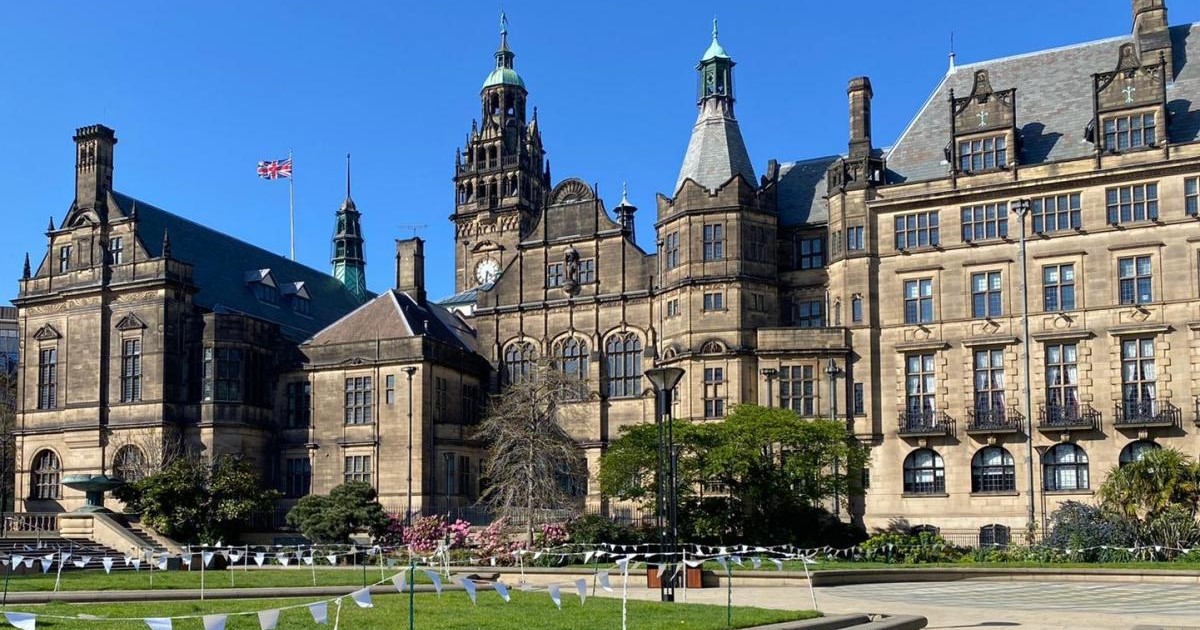French Letter: Taking it easy à bord de la Charente

It’s a sad fact, but after two-thousand years of advanced civilisation the French have still not discovered the butter knife. Seated this morning in the breakfast room of the Hotel de l’Europe in Poitiers, I am obliged to put half-melted butter onto my croissant with a blade that appears to have started its life as a stiletto.
Still, it could be worse. Outside, in the garden, a fat bird has landed on the extended twig of a lime tree, causing it to bend precipitously, catapulting the surprised bird back into the air. I think it might even have been a thrush, which is rare these days. And just now, a group of schoolchildren, aged about seven, is filing past on the pavement just beyond the hotel’s ornate metal fence. They look happy. It is a fine, fresh morning, with plenty of sunshine, but the waiter informs me gravely that the forecast remains for a long, hot summer, marked by the dreaded secheresse, or drought. Let’s hope not.
I am in Poitiers par hasard, as the French say. My wife and I were spending a few days in the Charente with Trina, a dear friend of ours who recently lost her husband. But on Thursday, Louisa had to head to Paris to attend an art opening (yes, yes, I know), and from what I could tell the closest TGV railway station was in Poitiers. On an impulse, I decided to spend a couple of days in the town best known in England for the heroics of the Black Prince in 1346 before driving back home to Brittany and, well, here I am.
But I digress. Less than a year ago, Trina and her husband Mike, a newly retired businessman, bought a fabulous house on the Charente, a little outside the picture-postcard village of Verteuil and were looking forward to spending six months of the year there – the maximum permitted under the terms of Brexit – when Mike died. Mike was a lovely man and always good company. But Trina, a relentless host, is impressively resilient and has carried on with the renovation of the house, much of it accomplished by a multi-skilled cross-dresser from England who prefers to work wearing a frock. The transformation (of the house, not the builder) is almost complete, with only the garden yet to be finished. But this week, Trina called in the local estate agent to test the market. If someone comes up with the right price, she will sell and put the cash into a seaside apartment in Dorset. Would-be buyers should form a line here.
If you don’t know Verteuil-sur-Charente, it is one of the loveliest villages in France, dominated, in the nicest possible way, by the mighty Chateau de Verteuil, ancestral home of one of the the country’s best-known aristo families, les Rochefoucaulds. Google informs me that the dukes de la Rochefoucauld were at one time the holders of six other dukedoms as well as being the Princes de Marsillac and Princes de Rochefoucauld-Montbel. I suspect that Lady Bracknell would have found this aggregation of titles a touch over-indulgent, even vulgar, but who am I to say?
At any rate, I am informed that the current owners – the seigneur a mere count after a period of dynastic decline – recently moved out after a family occupation lasting not far short of a thousand years, which seems a shame. It would be as if the Duke of Marlborough had sold off Blenheim Palace and moved into a villa in north Oxford. According to one fellow-diner at a nearby hostelry, the asking price for the castle is four million euros (£3.6m), plus the cost of extensive renovations, but the truth is I haven’t checked and I know nothing.
The Charente, like the castle, is straight out of Central Casting. It’s not the longest river in France, but was rightly described by Francois I, in the early sixteenth century, as “the most most beautiful in my kingdom”. It splits itself several times on its way to the sea near Rochefort, south of La Rochelle. By Trina’s, one branch, about ten metres across, gurgles and jumps. When it rejoins the main stream, about half a kilometre further on, the waters slow and open out, before dividing again at the foot of the chateau. The views, you would have to say, are magnifique, disturbed only by the splash of otters and the uproar of the butterflies.
We Want Trina to be happy, and if she sells, she sells – hopefully for a good price. But if she changes her mind, we might just drop back again in September.
Poitiers, by contrast, is a bit dull. It seems prosperous enough, if a little grey. It has the almost obligatory gothic cathedral, built in this case on the orders of Henry II and Eleanor of Aquitaine, and at least two other bona fide “sights,” including a pleasing group of half-timbered houses and the 12th century palace where Eleanor held court. But the biggest draw is not the past but “Futoroscope,” a theme park that aims to show how the world, and the universe, will unfold in the centuries to come. Whether this includes early retirement for the French, I am unable to say, but more than 30 million visitors looking for answers have already passed through its doors.
On a more personal note, I can reveal that I have already had a glimpse into what lies ahead for me. To reach my room at l’Europe, I have to walk the length of one of those grim, ill-lit corridors that are apparently de rigeur in modern inner city hotels. Last night, upon returning from a Chinese restaurant where the meal consisted of tiny pieces of meat stirred into dry rice with a sprinkling of herbs, I found the corridor enlivened – if that is the word – by a full-length mirror at the far end. For some reason, the tall, thin chap with the flabby belly I could make out stumbling in my direction looked disarmingly like the fellow I see each morning in the bathroom mirror, only with legs and a comical gait. I have seen the future, and it walks – but only just.
Write to us with your comments to be considered for publication at [email protected]
Sign up for our FREE Reaction Weekend Email
Every Saturday:
Read the week’s best-read articles on politics, business and geopolitics
Receive offers and exclusive invites
Plus uplifting cultural commentary







:format(webp)/https://www.thespec.com/content/dam/thespec/news/hamilton-region/2023/06/19/commuters-your-weekday-morning-weather-and-traffic-updates/traffic.jpg)





